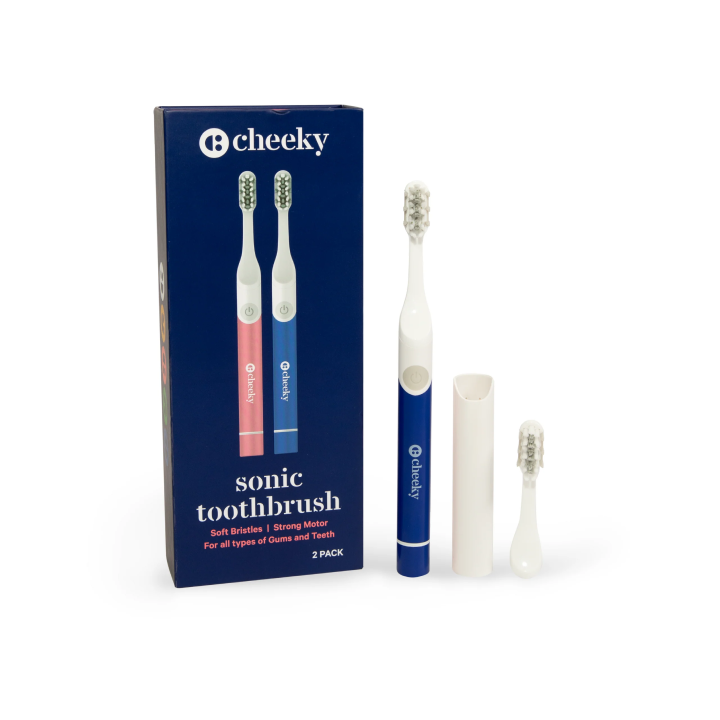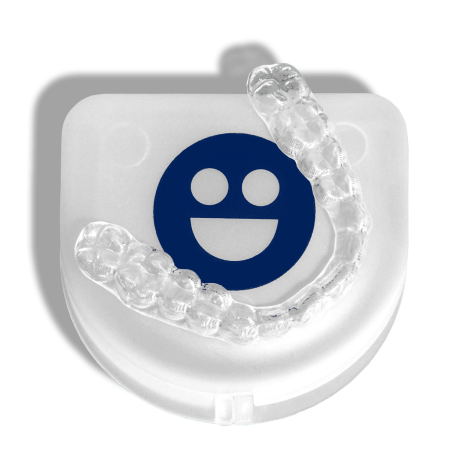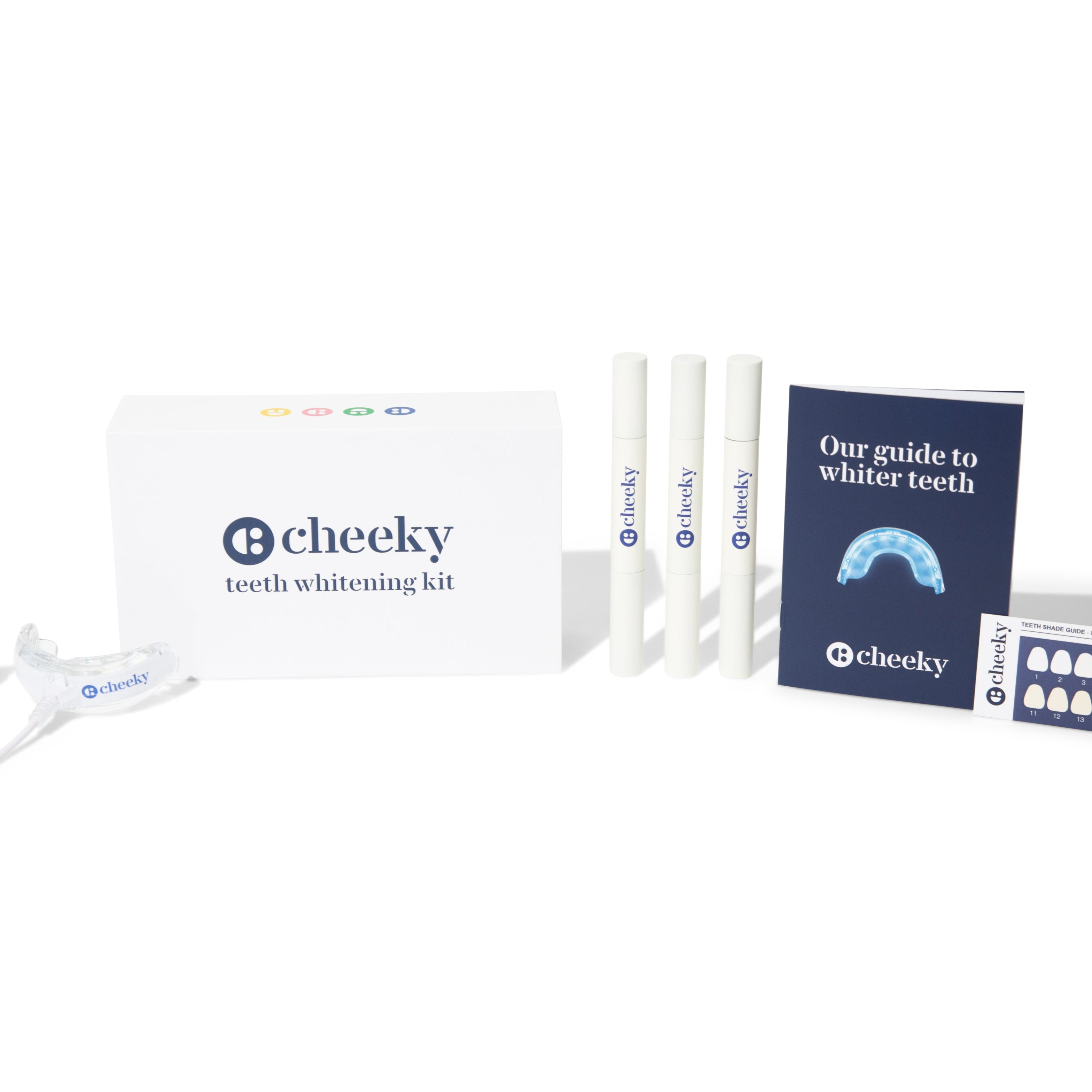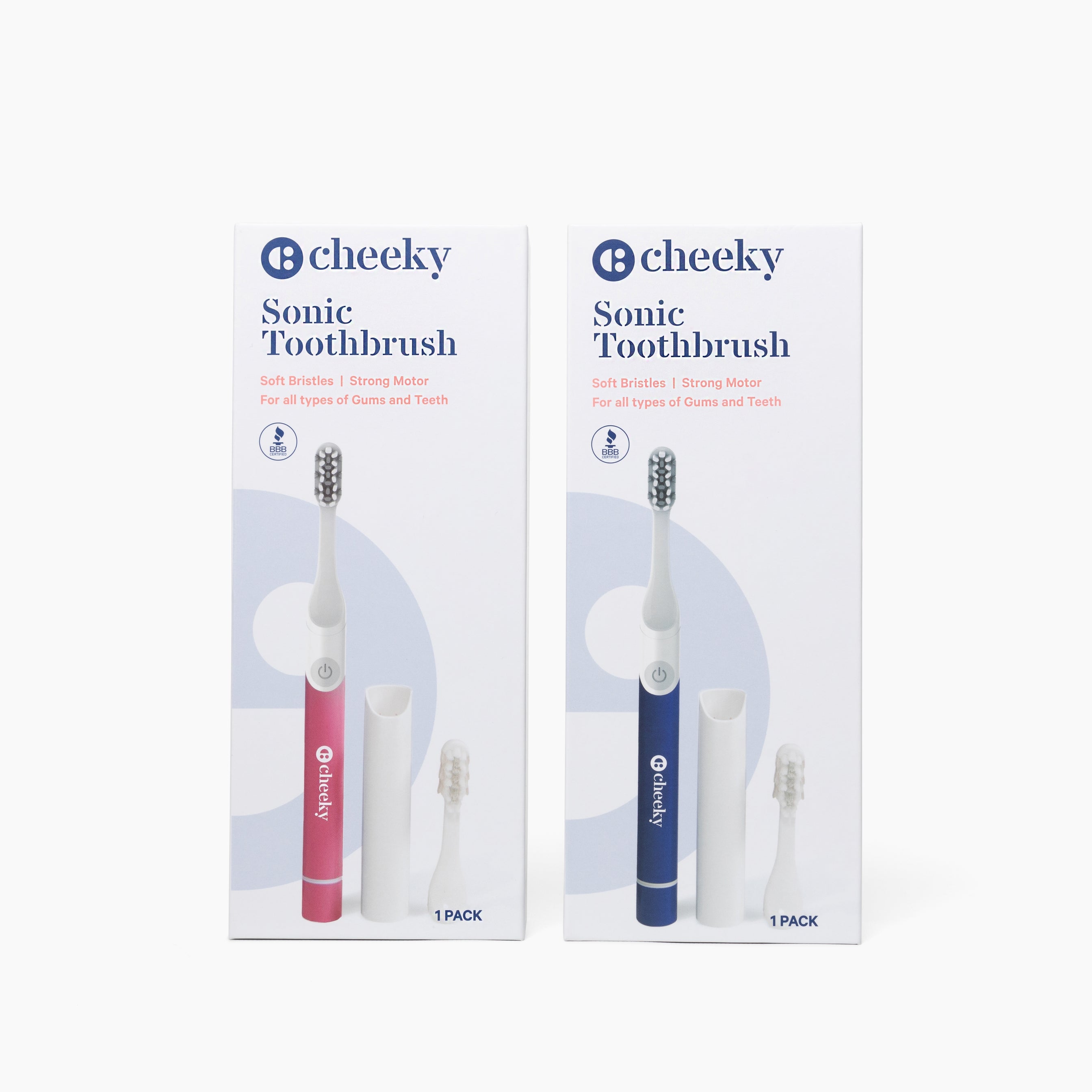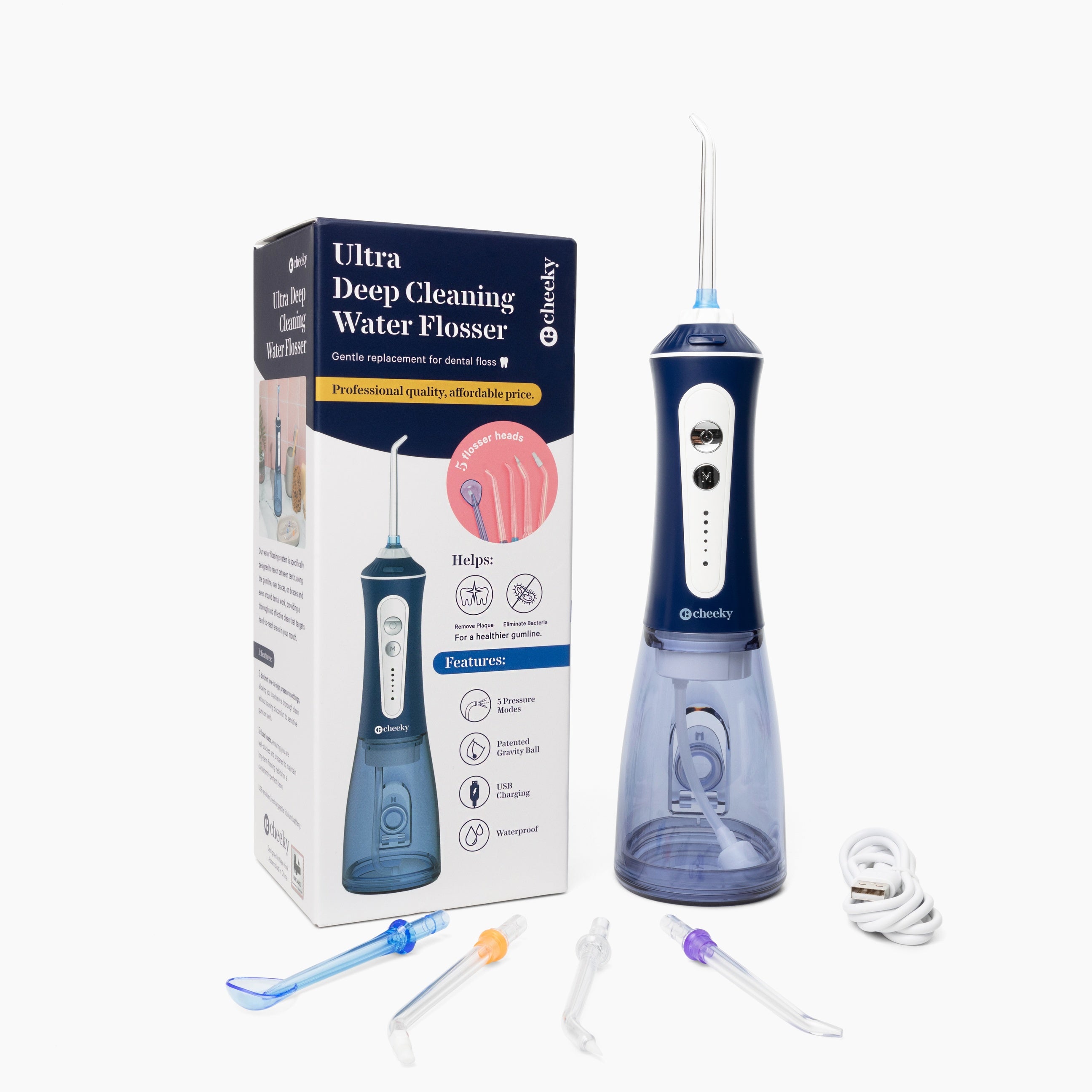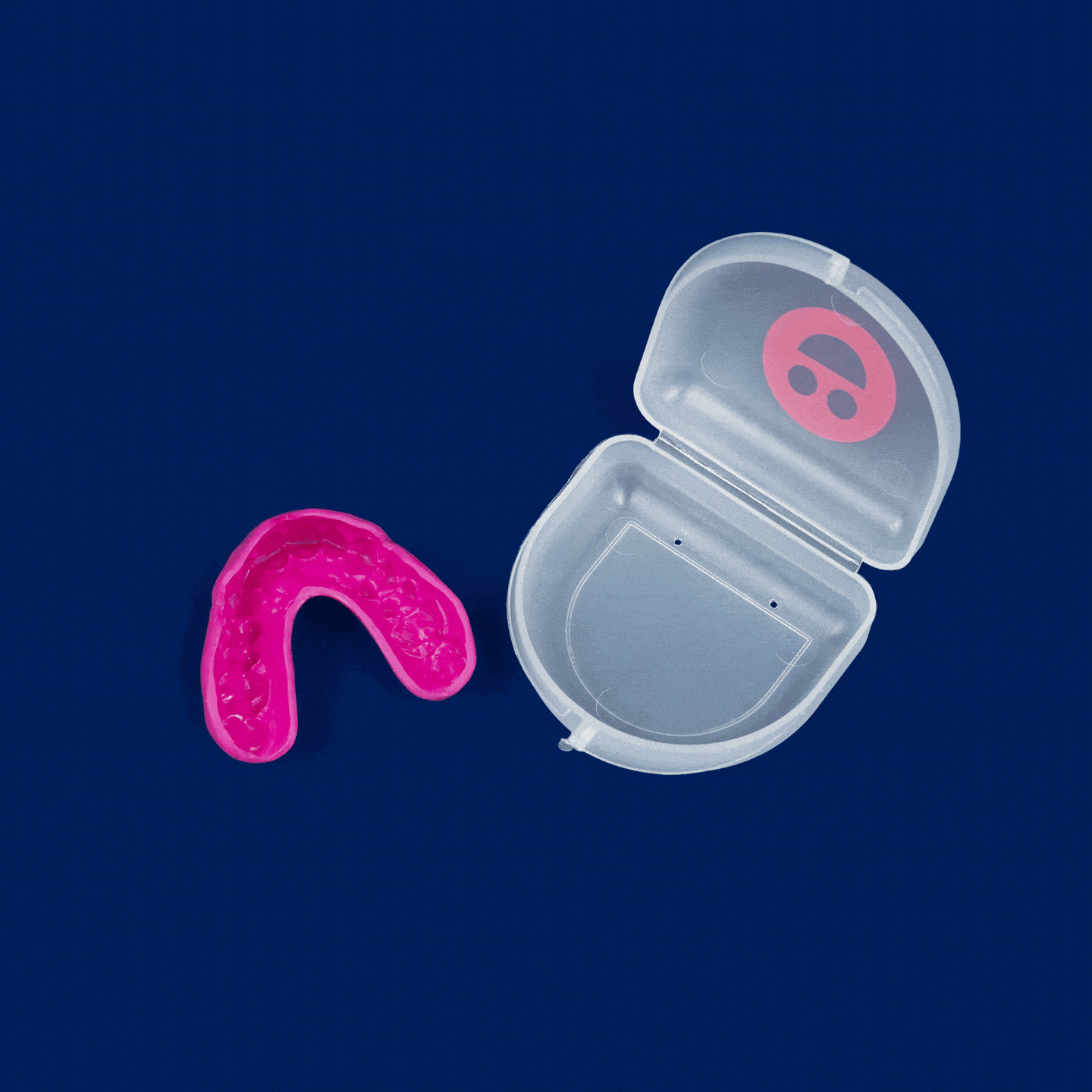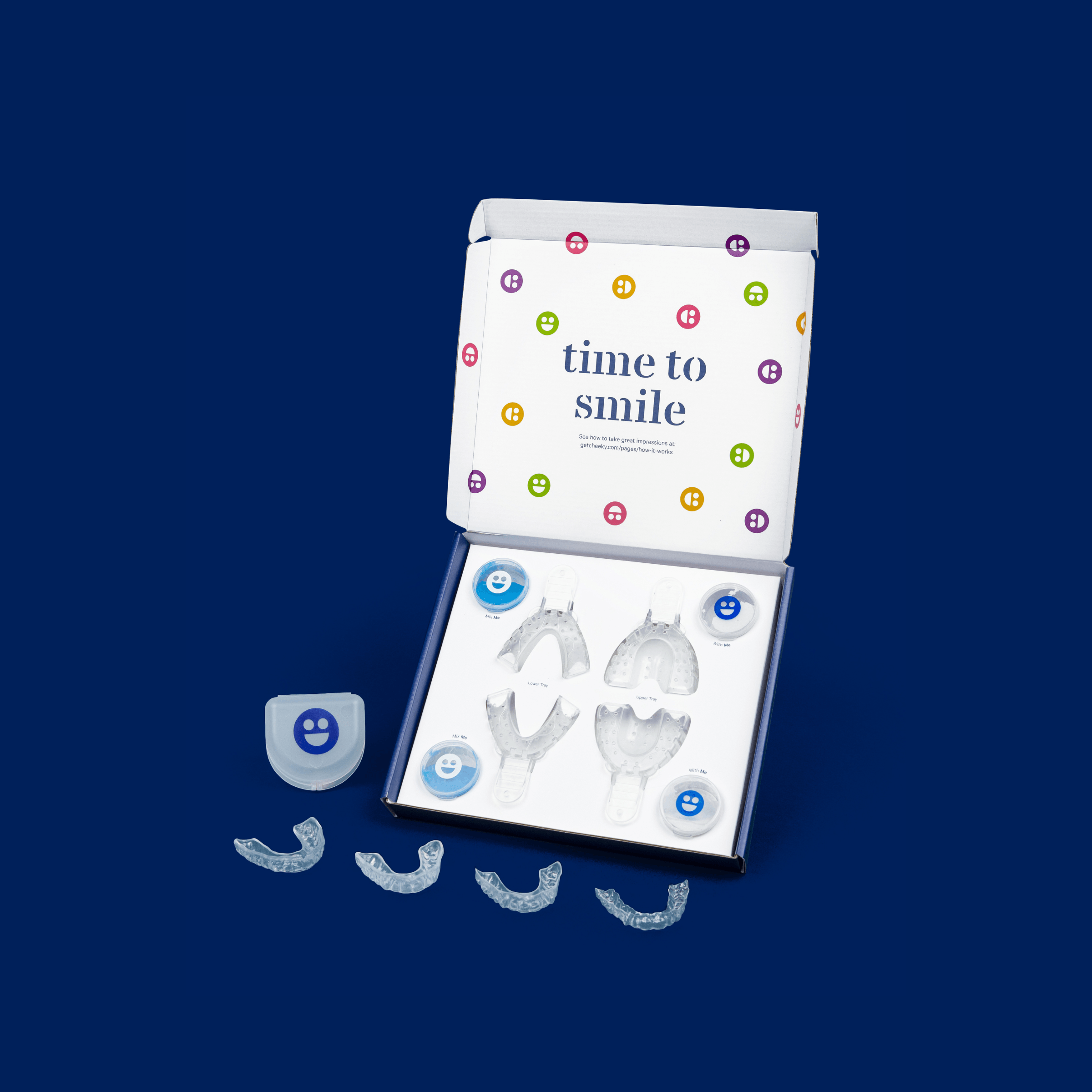The truth is: you actually do need your beauty sleep.
The goal of a good night’s sleep is to recharge our batteries and give our body time to heal itself. We’ve all been at the point where we haven’t slept enough and our brain feels like a puddle the next day.
Sleep can affect multiple aspects of our daily routine and our overall health, so it’s important to establish a routine that works for you.
Why We Need to Go to Sleep
We all know sleep is an essential function, but what exactly does it mean to get restful sleep? Most adults require seven to nine hours of sleep each night, and the first step to restful sleep is getting enough of it.
An atypical work schedule, stress, young children or pets, or medical conditions can all work to impact the amount of sleep we get. On top of that, we may think we’ve gotten more than enough sleep, but wake up the next morning still feeling frazzled.
When we miss out on sleep, we run the risk of a shorter attention span, a decrease in cognition, mood swings, and slowed reaction times. And if you’re an insomniac thinking that you’ve mastered the art of running on three hours of sleep, unfortunately you’ve only tricked your brain into thinking that it can run on fumes. (It can’t.)
Not sleeping enough can also lead to medical issues related to mental health (depression, anxiety, etc.) and physical health (obesity, diabetes, high blood pressure, heart disease, stroke, etc.).
Mental Health
Poor sleep and impacted mental health operate in a vicious cycle. When you’re feeling overly stressed or anxious, you have a more difficult time falling asleep and getting restful sleep. As we’ve stated, sleep deprivation leads to moodiness, quick tempers, and high emotions.
These factor in with our other stressors and make it even more difficult for us to get restful sleep, leading to depression and anxiety. People diagnosed with depression or anxiety already have a predisposition to sleep deprivation which leads to the snowballing of their condition.
Getting enough sleep also allows you to stay alert and keeps your creative thinking and problem-solving skills running at peak performance.
More research is being conducted on the relationship between mental health and sleep habits, but the best thing you can do for your headspace is to try to get the right amount of sleep—not too much more or too much less.
Physical Health
If you’re working to lose weight but you aren’t getting enough sleep, you may find it more difficult to see the changes you’re looking for. Research has shown that not getting enough sleep can lead people to eat more throughout the day to make up for a lack of energy. This research has been able to connect sleep deprivation as a contributing factor to obesity, and when left unchecked, Type 2 diabetes as well.
Getting enough sleep can also keep you healthy because your body heals itself at night. The reason your doctor tells you to get plenty of sleep when you’re sick is because it gives your body time to focus on fighting off viruses or bacteria. You can take preventative measures by simply making sure you’re catching enough Zs.
Sleep is also directly linked to heart health. When you’re asleep, your blood pressure decreases and your heart gets to rest a bit. Without getting this necessary rest period each night, your heart can become exhausted and your blood pressure can spike, leading to stroke or heart attack.
Getting Restful Sleep
You can sleep for eight hours each night and wake up feeling like only a minute passed. The issue here isn’t that you didn’t get the right quantity of sleep, but that you didn’t get the right quality of sleep.
Each night, your body goes through a sleep cycle that fluctuates between REM (rapid eye movement) and non-REM.
Non-REM sleep takes up 75-80% of a healthy adult’s sleep cycle, and takes place in three stages:
- The short period right after you fall asleep and can be woken up very easily.
- The 30-60 minutes after Stage 1 in which your body begins to relax and you start to have some brain activity.
- The 20-40 minute stage that is the deepest part of your sleep cycle and you have more brain activity.
After Stage 3 of the non-REM cycle, your body begins the REM cycle in which your brain is almost as active as it is while you’re awake. This is the stage of the cycle in which you have dreams, fast or irregular breathing, body movements, changes in body temperature, and an increased heart rate. Your brain takes the time to form memories during this phase as well.
Your stress can also begin to manifest itself during the REM phase. For instance, you may begin to grind your teeth in your sleep (also known as Bruxism).
What You Can Do To Ensure Restful Sleep
There are many steps you can take to ensure you’re getting the best quantity of sleep possible. However, if you feel like you’ve already tried everything and still can’t seem to get enough sleep (or that you’re getting to much), you should contact your primary care physician to check for a sleep disorder or other underlying condition.
- Set a Sleep Schedule: establishing what time you go to bed and wake up every day can help you fall into a pattern of getting the right amount of sleep each night. Your body will develop the habit of knowing when it’s time to sleep and wake up, and you can set your internal clock this way.
- Clear Your Mind and Relax Before Bed: wind down for the night by meditating, reading, taking a warm bath, making a to-do list for the next day, or taking the time to do an extensive skin care or oral hygiene routine.
- Craft Your Ideal Sleep Environment: get a mattress and pillows that are the most comfortable firmness for you, and turn off any screens nearby.
- Exercise in the Daytime: tiring out your body during the day can promote more restful sleep at night. But give yourself enough time between exercise and bed to let your body calm down.
- Avoid Caffeine, Nicotine, and Alcohol Later in the Day: substances that increase your heart rate may keep you awake for longer at night, so if you do choose to indulge, try together a cut-off time for yourself.
- Get a Custom Nightguard: ordering a custom mouth guard you wear while you sleep can prevent you from grinding your teeth in your sleep, and help you have better sleep overall. Generic over-the-counter or boil and bite nightguards can be helpful, but more often than not are bulky and uncomfortable. Having a mouth guard molded to your mouth can make a huge difference in your sleep cycle.
Waking up feeling refreshed can make your day that much brighter. For more information on a custom nightguard that can help you rise and chine, let’s get Cheeky.


